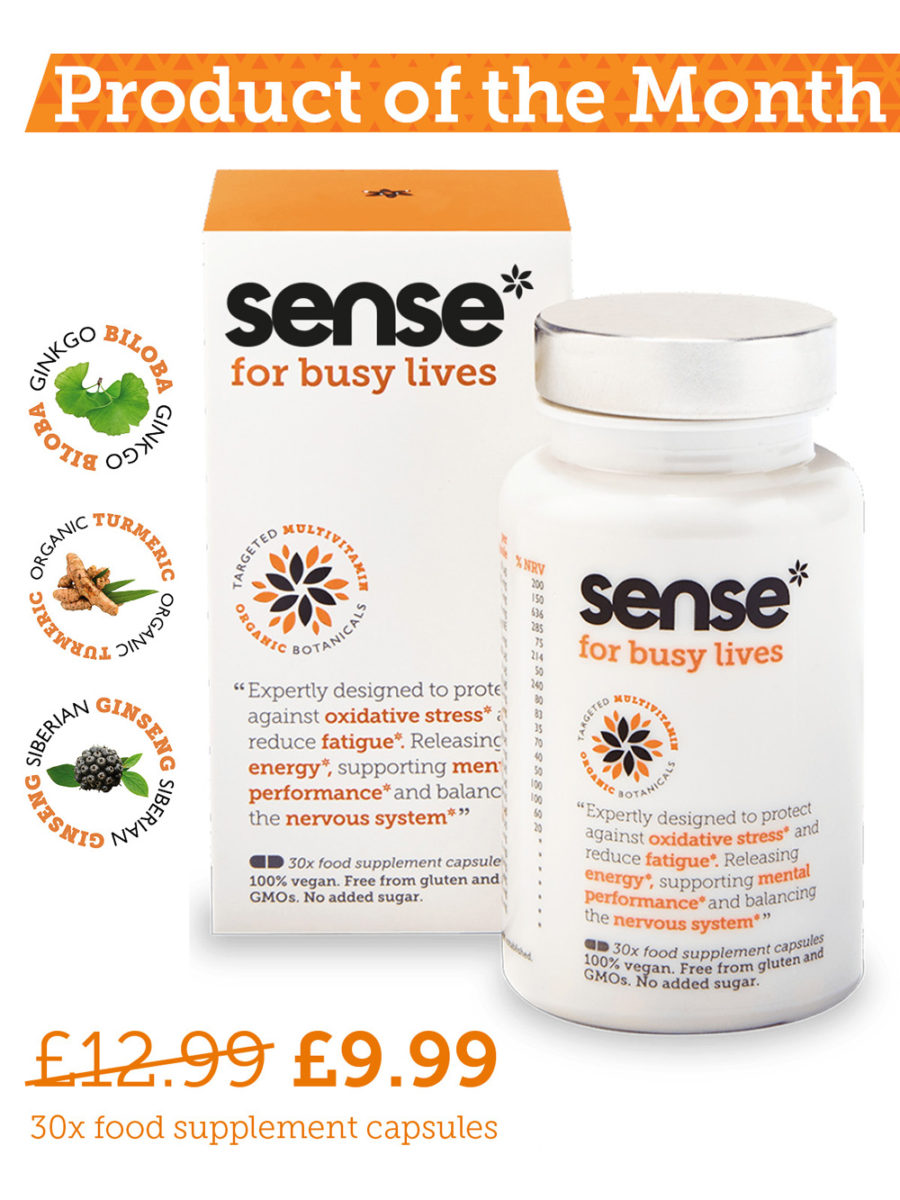
What is Processed Food?
Processed food is any food that has been through a process or event which affects how it is received by the consumer. It therefore has a wide definition. So it is worth taking note that there are some processed foods that are good for you. Although not necessarily as good as the non processed version of that food.
There are also some processed foods that are definitely bad for you. And when we say bad, we mean really bad. Particularly, if consumed regularly or in larger quantities than expected. Trouble is none of the food companies want you to know how bad some of these foods are. They definitely don’t want to encourage you to stop buying them.
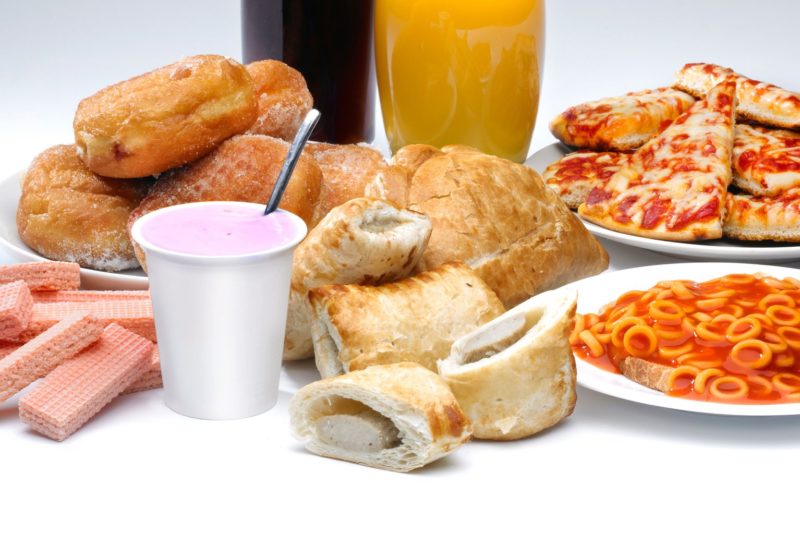
So we thought we would unearth some facts and advice that you can access from reputable sources. To allow you to make up your own minds about what to put in your shopping basket.
Why is Some Processed Food So Bad
Ultra-processed food
These are foods that are not modified foods per se, but formulations mostly of cheap industrial sources of energy and additives, using a series of processes (hence ‘ultra-processed’). They are energy-dense, high in unhealthy types of fat, refined starches, free sugars and salt, and poor sources of protein, dietary fibre and micronutrients e.g some ready meals, packaged biscuits and cakes.
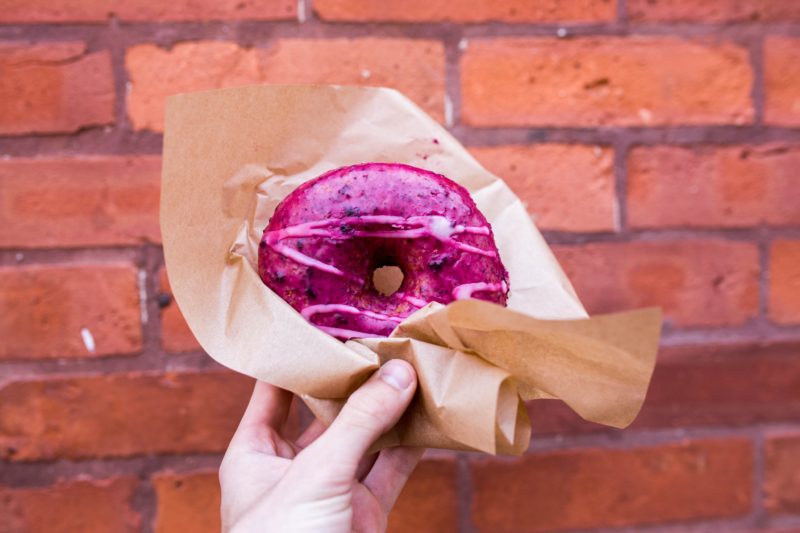
A study used two groups. It gave one group, ultra-processed food for a month and the other non processed food. Each meal was designed with the same calories, sugars, fibre, fat, and carbohydrates. But the participants could eat as much as they needed.
The result was that the ultra-processed diet caused over-eating and weight gain, read details HERE.
The NOVA Classifications
Ultra-processed food, is just one of the 4 NOVA classifications suggested by papers produced by academics in the food industry. The others being:
- Unprocessed or minimally processed (Group 1)
- Processed culinary ingredients (Group 2)
- Processed foods (Group 3)
- Ultra-processed foods (Group 4)
These NOVA (a name not an acronym) classifications have become recognised by the United Nations and other health organisations. Please see HERE for an explanation by the the journal World Nutrition of how NOVA works.
Is the Processed Food “pandemic” Really That Bad?
The United Nations thought so when it started its Decade of Action on Nutrition in 2016. If you take a look at its home page HERE there are a number of up to date facts about global nutrition which is stomach churning e.g. 822 million people are under-nourished. But that’s nothing to do with the us in the UK right? Wrong, I am afraid. If you take a look at this summary or abstract HERE explaining the problem as published by the US equivalent of the NHS (PubMed.Gov).
Studies based on NOVA show that ultra-processed products now dominate the food supplies of various high-income countries…
That would include the UK being a high-income country.
We conclude that the ever-increasing production and consumption of these [ultra processed foods] is a world crisis, to be confronted, checked and reversed as part of the work of the UN Sustainable Development Goals and its Decade of Nutrition.
What is the Path to Follow?
The NHS has, as you would expect, a simple, basic approach to processed food. You can read it HERE. In essence they are saying:
- not all processed food is bad. Some foods need to be processed to make them safe e.g milk. But they omit to tell you that if milk isn’t organic then hormones and anti-biotics can be found in it that are harmful to you.
- processed foods have added sugar, fat and salt that is harmful. If you don’t keep a check on this, you could put on weight.
- They also give the amount of fat, saturated fat, sugar and salt that is high or low for certain foods. But not the total amounts per day that is recommended except for meats.
- Red or processed meats should be limited to 70g per day. But no mention that eating red or processed meat every day is probably not a great idea in the first place.
A Guide to Good and Bad Processed Food
In general, we would advise that staying within Group 1 of the NOVA classification is ultimately the safest and best choice. Plenty of fresh fruit and vegetables, for example. However, there are some foods that are processed and are also great choices. For example:
The Good Stuff
- Canned fish – sardines, salmon, mackerel. Except those in sauces, there is minimal processing involved in packing these in brine, olive oil or similar
- Canned beans or legumes – these will have been cooked but would have needed to have been anyway. You can soak and cook your own. But it is a faff so why not just buy the canned variety anyway.
- Frozen fruits and vegetables – these are usually picked and frozen really quickly so are subject to limited deterioration.
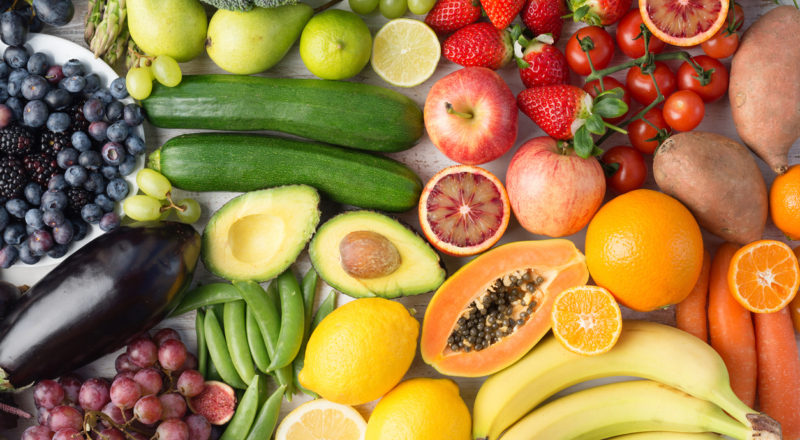
The Bad Stuff (just don’t go there!)
- Ready Meals – only very few brands get even close to recommended levels of sugar, saturated fat and salt. Usually a very bad choice and sometimes, disease enhancing (see below).
- Processed meats – some of the deadliest foods on sale in terms of increased risk for disease (see below)
- Packaged biscuits and cakes – ultra-processed food at its worst. Sugar, salt, saturated fat all combined to attract the human taste buds.
- Frozen, deep fried foods – just because these go in the oven doesn’t mean they aren’t deep fried pre-packaging. Yes restaurants are bad for this, but so is the frozen cabinets of the supermarkets.
- Juice drinks – sometimes feigning healthy properties but generally packed to the brim with refined sugars.
All of these processed foods increase the risk of cancer occurring according to this Harvard Medical School report HERE
Why doesn’t our non processed food give us enough nutrients?
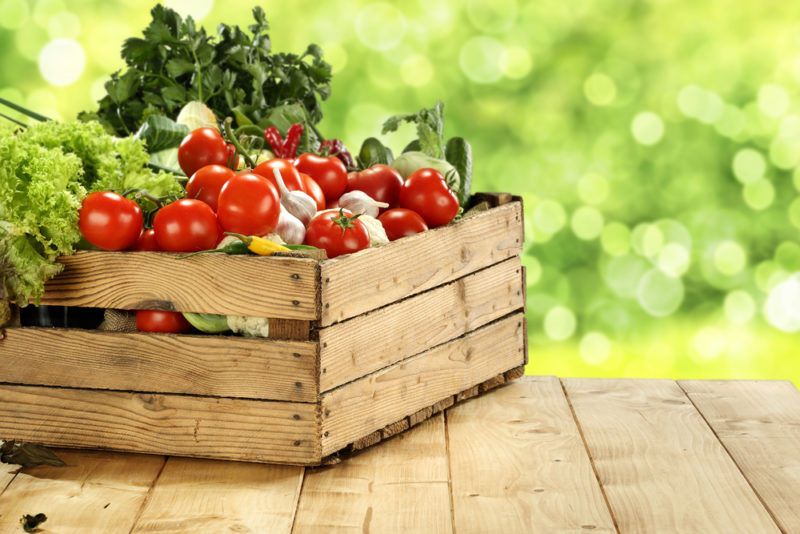
- Firstly, it just is not fresh enough so it becomes oxidised by the air or the nutrients are depleted by the time it reaches the supermarket shelves
- If you overcook food it becomes depleted in terms of nutrients.
- It is also covered in pesticides, washed in detergents, polished and sorted within an inch of its life so even if you buy fresh food, it comes with toxins added if you are not careful….NICE!
What is a toxin?
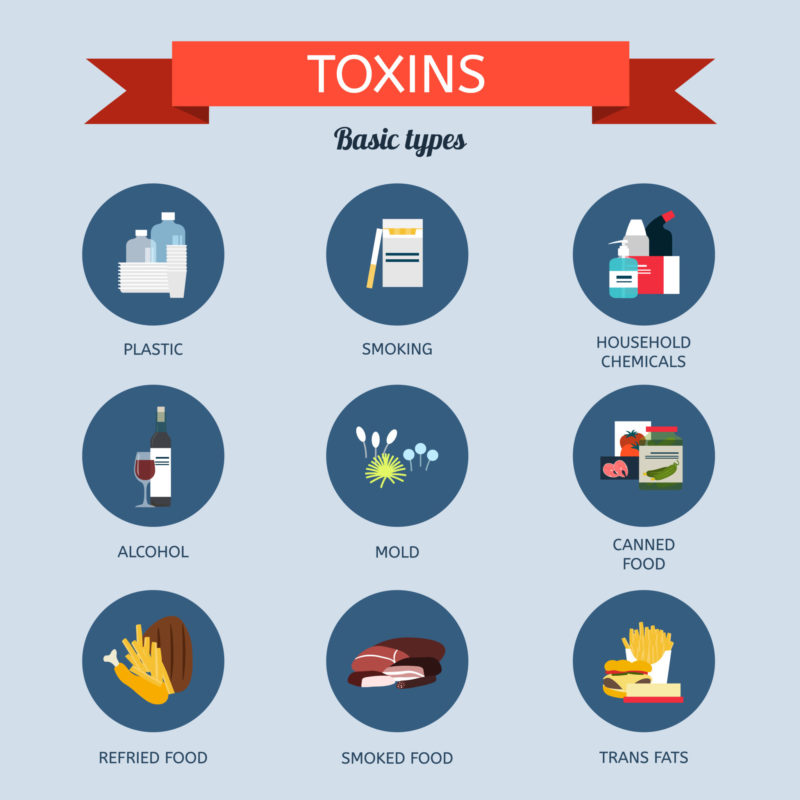
The following is a list of toxins we choose to put into our bodies:
- Alcohol
- Nicotine
- Drugs
- Caffeine
- Sugar
- Numerous ingredients in processed food and drink (see above)
- Allergens specific to you e.g. gluten, wheat, nuts
The following is a list of toxins that are not chosen by us but we take in involuntarily:
- Pollution (click here for more information on this aspect)
- Numerous ingredients in processed food (see this list of toxins to avoid in your food)
- Pesticides or detergents or polishes that remain on food as part of the food chain (this link has more details)
- Genetically modified food (GMO) (read more about that here)
What happens when we put toxins into our body?
- Your body has a process called detoxification to break down toxins
- Your body has to work very hard to break down toxins that are introduced
- You use up much more energy to detoxify and break down toxins
- Some toxins cannot be broken down at all and will either remain in your body in small quantities and build up or will poison you right away
- Some toxins will create by-products that are harmful to you, for example, if you drink too much alcohol it creates a substance called “acetaldehyde” that is up to 30 times more harmful than alcohol itself. This results in hangovers being formed or being poisoned.
- Your body uses vitamins and minerals and other nutrients such as amino acids to break down toxins in your liver and intestines
- The more vitamins and minerals and other nutrients you have the better so you can break down toxins more easily
Does all this mean that we shouldn’t eat processed food?
YES
Should we be careful what we buy from supermarkets?
YES
Does all this mean that our food won’t give us enough nutrients?
YES
But Fresh, Good Quality Food is Ok?
YES but beware the Nutrition Gap SEE HERE for our article on this and also consider what extra nutrition you might need because:
- your processed food intake is too high
- if your toxins, voluntarily and involuntarily is too high
- your non processed food intake isn’t high quality enough
If any of these apply, then perhaps look at supplementing your diet, targeting your specific needs. sense* will have you covered one way or another.
Have a great day, thanks for your time!

